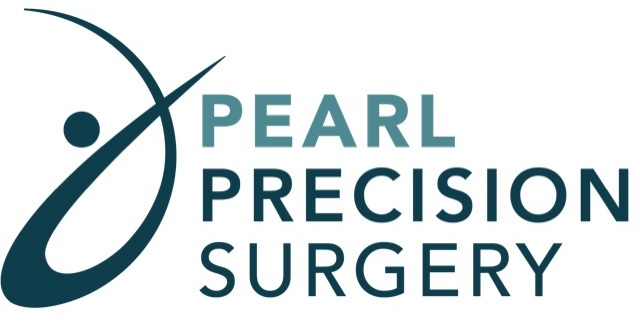PORTLAND, Oregon., February 1, 2022 /PRNewswire/ — As healthcare costs continue to rise, it’s no surprise that employers are eager to find new solutions to better serve their employees and protect their bottom line. The COVID pandemic has posed additional challenges for these employers, as staffing shortages plateau at near-record levels. Dubbed the Great Quit, the influx of job vacancies as employees seek to transition has encouraged employers to develop more attractive benefits as part of the compensation package for potential employees. Switching from a high-deductible plan to a self-funded ERISA plan has become more common and has proven to be a positive development in healthcare in many ways for both employer and employee. Some of the nation’s largest benefits managers now offer coverage at no upfront cost to employers and no cost to patients.
By pursuing more cost-effective outpatient services by reducing costs, these benefit managers not only reduce the huge costs charged for major events, such as surgery, but also continue to improve the quality of care.
Pearl Precision Surgery, a nationwide network focused on laparoscopic outpatient surgical services for women, is a part in partnering with benefit managers to drive this healthcare revolution. Offer services such as:
- Laparoscopic hysterectomies
- Pelvic reconstruction for prolapse and incontinence
- Fertility preservation
- Breast reconstruction
Their essential quality care for women reduces the recovery time needed, offering more PTO to employees and eliminating copays or franchises.
“Our business model is one that truly embraces the Affordable Care Act, delivering higher quality surgery through reduced complications, lower cost and better patient experience. We achieve this with price transparency and high-volume surgeons who are willing to share their outcome data and who are committed to finding value-based solutions.” Says Dr. Richard RosenfieldStandford trained a minimally invasive GYN surgeon and founding partner of Pearl Precision Surgery.
With approximately 600,000 hysterectomies performed each year in United Statesand nearly 57,000 OBGYN physicians to perform them, the average of 10.7 surgeries per year puts the experience of the surgeon at the forefront.
Rosenfield goes on to say, “Many women defer to their trusted OBGYN, even though many OBGYNs are very low volume surgeons, which is the primary risk factor for complications and poor recovery. Many OBGYNs are on call in the hospital or work through the night with baby deliveries, which can compromise surgical ability due to erratic sleep schedules or dilute exposure to surgery due to pressured office hours of being a primary care provider, a pregnancy expert AND a surgeon – this awful dynamic is literally built into the system and perpetuating poor surgical services in women’s healthcare, which is what we seek to improve.
“We need to look beyond the average cost of the surgery itself, and also consider the additional costs due to complications,” Rosenfield says. “Surgical complications can occur as frequently as one in three with low-volume surgeons, adding tens of thousands of dollars to the cost of surgery.”
This has encouraged employers and benefits consultants to seek out specialists like Pearl Precision’s high-volume network of minimally invasive gynecological surgeons.
Performing hundreds of higher-acuity surgeries like laparoscopic hysterectomy a year reduces costs and complications, and Rosenfield points to the importance of groups like Pearl Precision Surgery that can offer more focused attention when a woman presents with a need. of surgery.
The Pearl Precision network continues to grow as more employers and physicians continue to transition to value-based care.
SOURCE Pearl Precision Surgery

